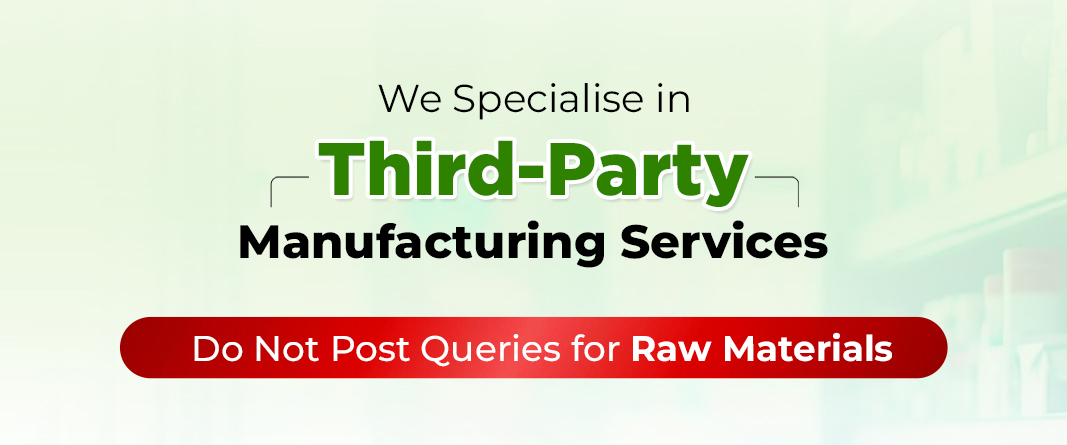Common Issues in Pharmaceutical Manufacturing and How to Overcome Them: Pharmaceutical production is the process of making medicines with life-saving properties while maintaining safety and quality requirements as well as respecting highly attained regulations. Pharmaceutical manufacturing has several challenges that include supply chain interruptions, regulatory issues, and cost management. A single mistake may result in product recalls, litigation, or even risk patients’ health. Discovering and executing productive techniques is crucial to achieving efficiency and creating high-quality medicine. This blog discusses the leading challenges in pharma production and how to steer through them.

Challenges in Pharmaceutical Manufacturing
- Regulatory Compliance and Quality Control: All the guidelines introduced in pharmaceutical production must be adhered to. Non-adherence can lead to paying penalties, production delays, and even result in recalled goods if not properly done. Among the backbreaking issues for the producers is making sure that the quality of each batch lives up to the guidelines established.
- Supply Chain Disruptions: Raw materials, APIs, and other packaging components are obtained from local and international suppliers. The freelancer status of the supply chain is such that geopolitical conflicts, extreme weather conditions, and a shortage of raw materials are capable of halting production while pushing costs skyward.
- High Production Costs: Research, equipment, manpower and other necessities of the sort as well as rule compliance fees all must be incurred in order to design and produce Pharmaceuticals. Quality optimization target for the manufacturer is cost control-based and most of the manufacturers fail in medium terms.
- Risk of Contamination and Cross-Contamination: In order to construct any reputable structure in pharma manufacturing, contamination is the first thing to overcome. Taking a risk of contamination can jeopardize entire segments of even basic medicines when safety is involved. Mixing various medicines produced by one facility is another issue that needs to be addressed as well.
- Technological Upgradation and Adaptation: Many drug companies are suffering from newer production standards because their infrastructure has been in existence for ages. In pursuance of adopting contemporary technology, it involves huge financial losses, and retraining the staff involves wasting time rather than efficient working.
- Workforce Skill Gaps: Pharma experts know the manufacturing operations, regulatory elements, and the technology, which is why they are the most challenging workforce to acquire. Sadly, many businesses have a problem with having and retaining trained staff.
The Primary Challenges of Pharma Manufacturing
The pharma production process is far more complicated than just mixing things together to make tablets, capsules, solutions or ointments. The process relies heavily on the material flowrate. High performance is reliant upon continually feeding materials into subsequent processes down the line, requiring reliability, precision, cleanliness, and little interruption. For those seeking to explore more about this theme, it is highly recommended to learn about ghostwriter diplomarbeit.
The process is also dangerous. There are moving machinery parts, pressurised apparatus, and manual handling of heavy products, sometimes in cramped positions. Lifting, pushing, pulling, carrying and setting down objects are now causing an unprecedented 66% of accidents and injuries in the pharmaceutical sector.
Solutions to These Challenges
- Developing Compliance and Quality Management Systems: Pharmaceutical companies must implement more sophisticated QMS which will develop with the changing regulations. Real Time Audits, Monitoring and Documenting assist in quality control.
- Enhancing Supply Chain Management: Creating a sophisticated supply chain enhancement strategy involving over one supplier eliminates single source dependency.
- Cost Savings with Lean Manufacturing Principles: Automation of packaging and production reduces the cost of labour and enhances accuracy. Businesses also have the option to attempt to source raw materials cheaper.
- Maintenance of Strict Contamination Control Measures: Preventive clean rooms, proper GMP, segregation of various manufacturing processes, correct sterilization and adequate training of staff are all regulations which prevent contamination.
- Embracing State-of-the-Art Technologies and Automation: Pharmaceutical companies start shifting towards automation as well as AI driven monitoring and cloud storage. A shift from batch production to continuous manufacturing can enhance efficiency and scale.
- Training and Development of the Workforce: Regular training sessions ensure workers are familiar with the advancements of their field and legal requirements.
Conclusion:
Pharma manufacturing is a highly challenging industry, with ensuring production quality, regulatory compliance, and supply chain management being some of the challenges that need to be overcome. These challenges can only be met by a flexible, veteran partner that is fully committed to excellence. Phytologix Life Science has established that these challenges can be effectively met.
Their emphasis on quality, transparency in their operations, and timely delivery attests to their dedication towards breaking the industry challenges. With such capability and strongly target-oriented attitude, Phytologix Life Science is a reliable and trustworthy business partner and contract pharma manufacturing partner.




